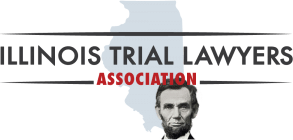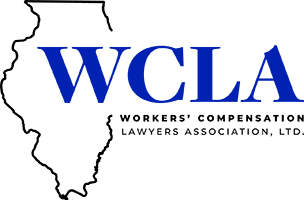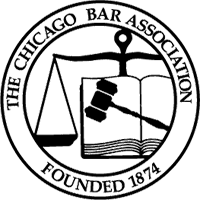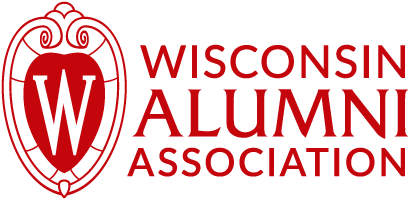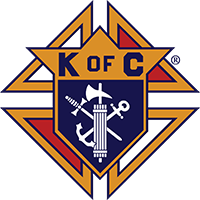There has recently been a large recall on Zantac, a brand-name of ranitidine. The product is designed to treat ulcers, heartburn, acid reflux, or other similar ailments. While the drug was an effective over-the-counter solution for many for years, it was recently discovered that it contains traces of a cancer-causing substance known as NDMA.
Zantac manufacturers knew of the harmful substance and deceived customers into “purchasing and ingesting a defective, misbranded, adulterated, and harmful drug” without warning them.
As a result, the Food and Drug Administration has issued a recall in April 2020 for both Zantac and other related ranitidine products.
The Zantac Cancer Risk
On September 19th, 2019, the Food and Drug Administration (FDA) discovered dangerous levels of ranitidine, the cancer-causing ingredient in Zantac. The FDA-acceptable threshold of N-nitrosodimethylamine (NDMA) is less than 100 nanograms per day. Each 150-milligram Zantac pill contains over 2.5 million nanograms of NDMA.
NDMA is recognized as a probable carcinogenic and is regularly associated with colorectal and other cancers. Plus, the presence of it, even in small doses, can cause damage to the liver.
What You Can Do
If you or a loved one has used Zantac or a product that has NDMAs between 1983 and April 2020, there is an increased risk of developing cancer. Examples of cancers that may develop include stomach cancer, brain cancer, bladder cancer, pancreatic cancer, or other types of cancers.
Realizing that a medication you thought you could trust may be having the opposite effect on your health is a startling and frustrating reality. Not only do all Zantac products need to carry a warning label, but the company also needs to be held responsible for their actions.




